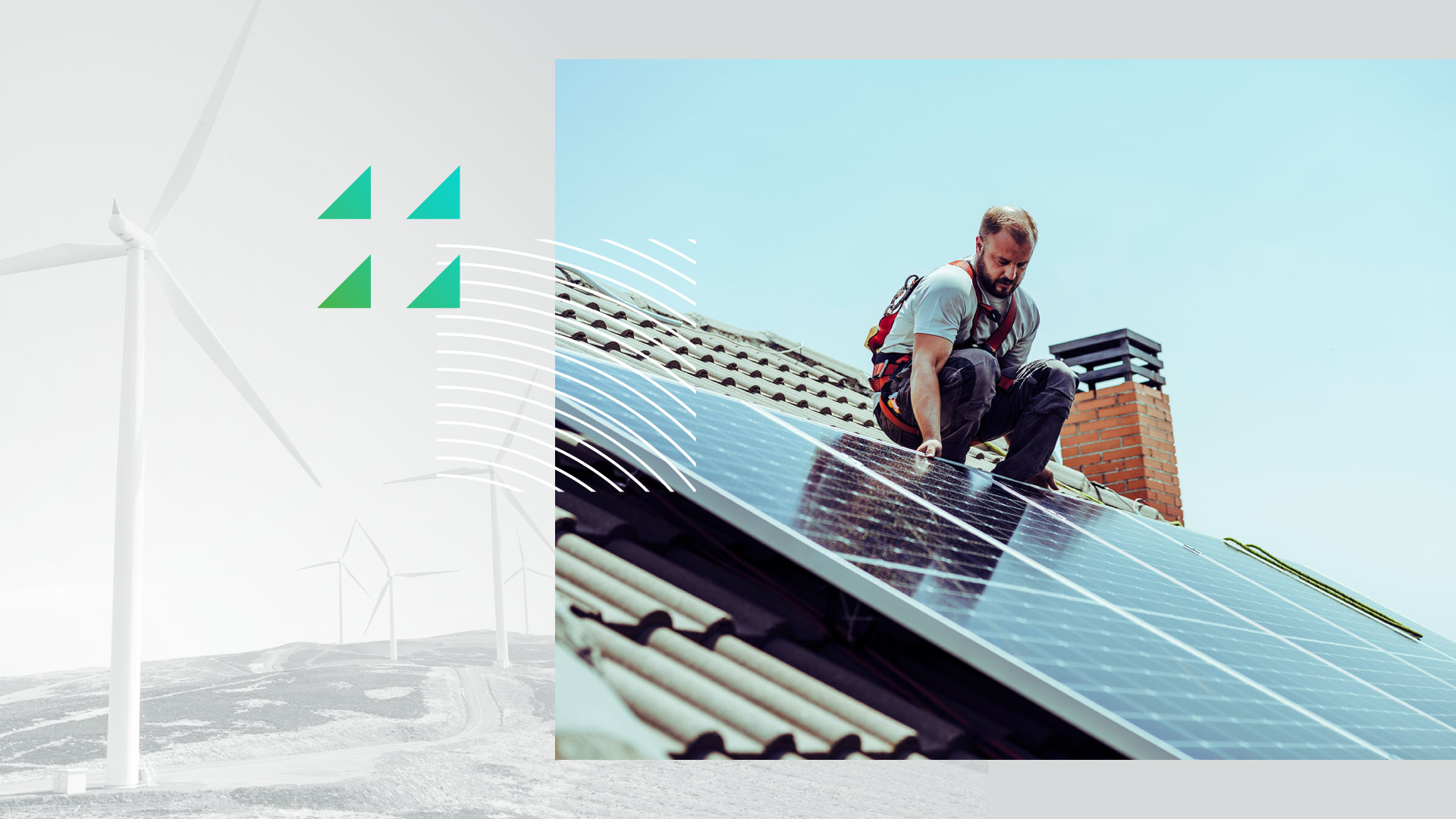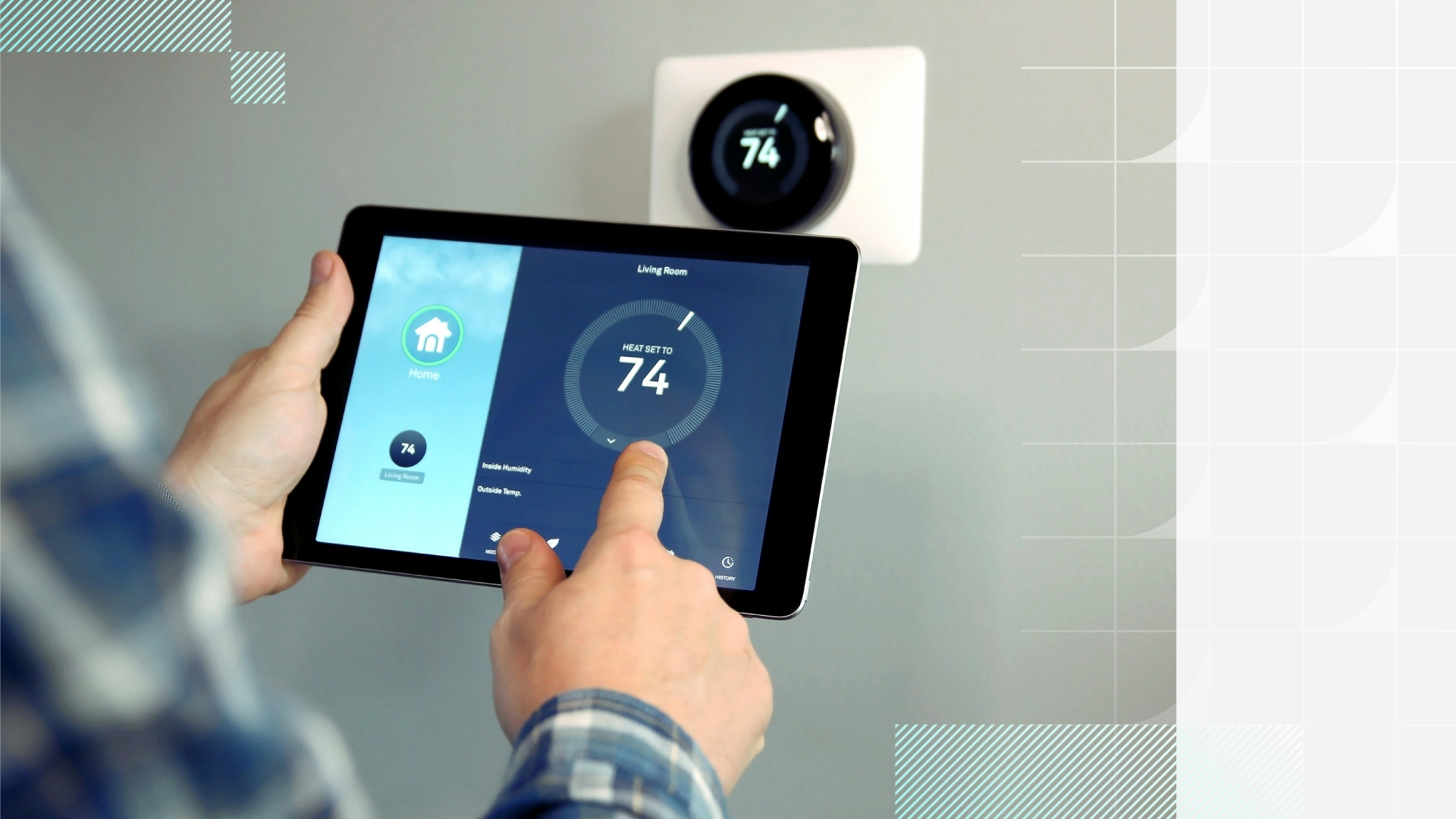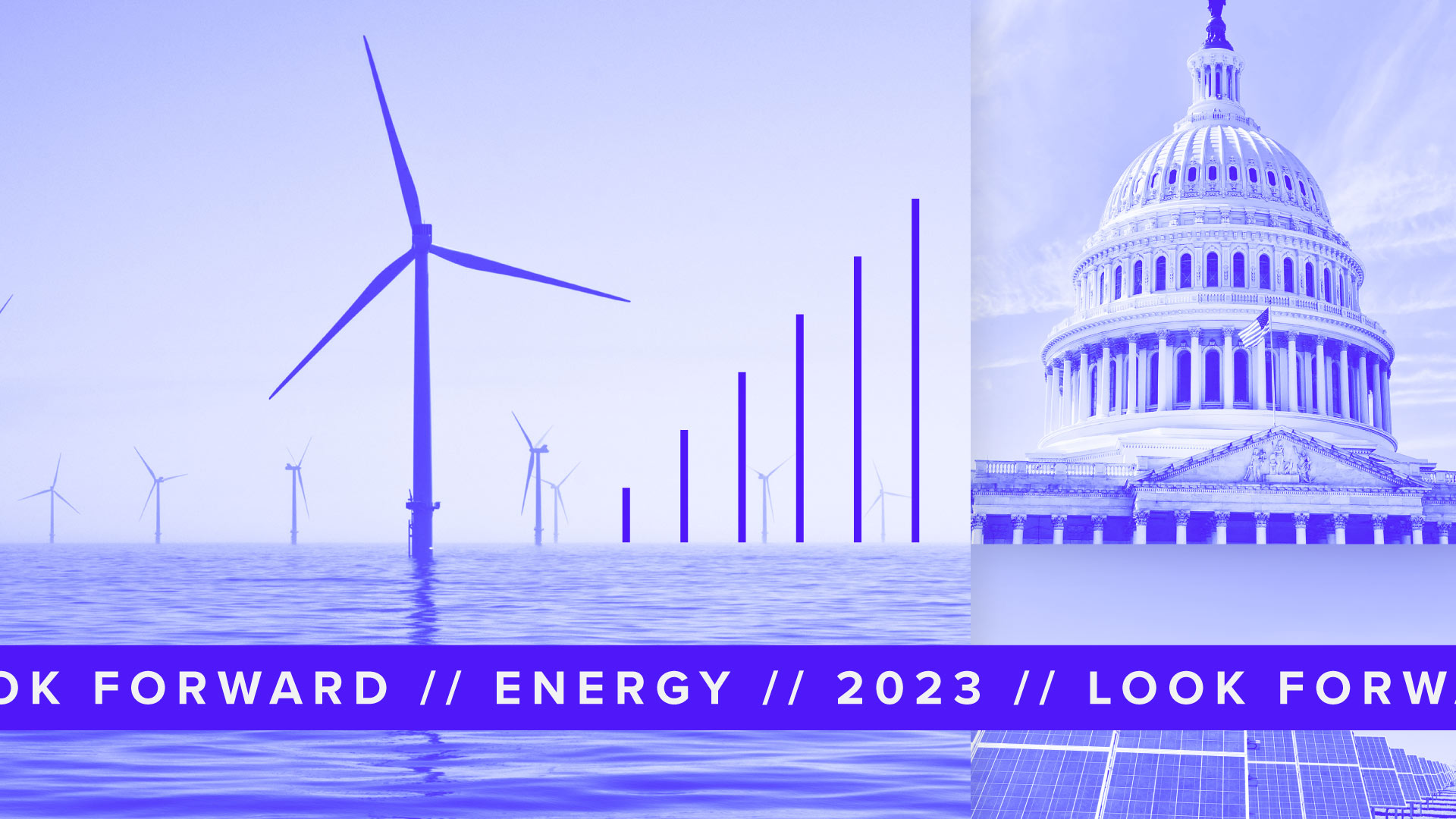Energy
Savings Drive Consumer Interest in 'Green Home' Upgrades — but Few Know About Government Rebates

Key Takeaways
About 2 in 5 consumers said they would be interested in home energy upgrades for financial reasons, while roughly a quarter said they would make the changes for ethical reasons, such as helping the environment.
The Biden administration recently announced $8.5 billion in funding to states and territories for home energy rebates. But at least one Republican governor is holding back from applying for the funding as the party continues to push back on “woke” energy efficiency standards.
As states begin to apply for and dole out federal funding via rebate programs, they must also prioritize educating consumers about the availability of such rebates. Almost 3 in 5 consumers have not heard much or anything at all about rebates for energy-efficient home improvements, which poses a problem for the Biden administration as it attempts to meet its climate goals.
Sign up to get the latest global energy data and analysis delivered to your inbox every morning.
Sweltering summers and harsh winters are when consumers are more likely to care about how much they’re paying for their electricity — and lately, those prices are higher than usual. One possible solution is to invest in “green home” upgrades, which can range from common appliances like energy-efficient dishwashers to more significant changes like rooftop solar panels or heat pumps.
While the upfront costs can be staggering for some upgrades, these changes have the potential to lower utility bills over the long term, and there are financial incentives available to soften the initial blow. In an effort to help Americans save some cash — up to $220 a year, by some estimates — the Biden administration has introduced billions in funding through last year’s Inflation Reduction Act to incentivize consumers to implement energy-efficient improvements.
While green homes have been touted for their role in decarbonization, their savings potential could be more enticing to consumers: U.S. adults were more likely to say they would be interested in making home energy upgrades for financial reasons than for the potential positive impact on the environment, according to a Morning Consult survey.
That being said, the survey also found most consumers are unaware of the potential rebates — but when they were informed about their availability, their interest in purchasing green home upgrades hardly budged.
About 1 in 5 adults (19%) said they would likely purchase an energy-efficient device for their homes within the next 12 months, a figure that rose to just 22% after respondents were given information about government rebates. This could indicate that consumers might need more detailed information as to what equipment qualifies for a rebate and how much cash they’d get back for making expensive home energy upgrades.
Specific demographics at scale: Surveying thousands of consumers around the world every day powers our ability to examine and analyze perceptions and habits of more specific demographics at scale, like those featured here.
Why it matters: Leaders need a better understanding of their audiences when making key decisions. Our comprehensive approach to understanding audience profiles complements the “who” of demographics and the “what” of behavioral data with critical insights and analysis on the “why.”
Financial reasons are most likely to push consumers to make energy-efficient upgrades
While there are plenty of consumers making greener choices based on ethical reasons such as trying to minimize their carbon footprint, the top reason for making the switch to more energy-efficient technology is financial.
About 2 in 5 adults would consider home energy upgrades based on financial reasons alone, while about a quarter (23%) said they would do it for ethical reasons such as helping the environment.
Why Consumers Purchase Green Home Upgrades
Energy costs have climbed since Russia’s invasion of Ukraine, which put a damper on global oil and gas supply. Some of those costs were passed on to consumers in the form of higher gasoline prices, but electricity prices also skyrocketed last year amid record inflation.
Saving money, therefore, is naturally a compelling reason for upgrading to more energy-efficient technology at home. An earlier Morning Consult analysis found that 20% of consumers said they would consider purchasing new or upgrading existing smart-home devices (like home energy systems that include batteries or solar panels) if it would allow them to save money in the long run.
In the latest survey, younger generations — Gen Zers and millennials — were more likely than their older counterparts to be interested in green home upgrades for ethical reasons. But much like the general population, every generation was more likely to cite financial reasons for their purchasing consideration.
Home energy rebates can help consumers save money — if they know about them
By the end of this year, consumers will potentially be able to tap into the energy efficiency rebates — up to $8,000 as part of the Home Efficiency Rebates Program and up to $14,000 as part of the Home Electrification and Appliance Rebates Program — but the money must first jump over several hurdles. States must apply for the funding and set up programs to distribute the cash, and, more importantly, consumers have to know the discounts are available.
Consumers are looking for opportunities to save money, and while there are easier and cheaper ways to do so than buying a new water heater or heat pump, these kinds of incremental upgrades are the ones that will help Americans in the long run.
To make the green transition happen, states must tap into the available funding, but some — particularly GOP-led states — could reject incentives to avoid the optics of taking handouts from the federal government.
For example, Republican Gov. Ron DeSantis of Florida, a 2024 presidential contender, has already chosen to turn down Florida’s $377 million share of the federal funding. Republican states have taken similar stances in the past in rejecting renewable energy projects that have been deemed “woke.”
The White House will also have to do its part in spreading the word, an issue that President Joe Biden acknowledged during a Cabinet meeting, saying that consumers “need to know how to take advantage of these benefits that we passed. That’s on all of us around the table here to make sure we get that message out clearly.”
Almost 3 in 5 consumers have not heard much or anything at all about the rebates, according to the Morning Consult survey.
A successful energy efficiency campaign will rely on making consumers aware of the savings that could come with making home energy upgrades, promoting state efforts to establish accessible and impactful rebate programs, and providing education around less familiar technology like heat pumps so consumers are comfortable with what they’re purchasing.
White, Millennial Men Are Most Interested in Buying Green Home Upgrades
Overall, purchasing consideration for green home upgrades is low
Around 67% of consumers who said they were interested in purchasing green home tech are homeowners, and 61% live in a house instead of an apartment, opening the door toward more expensive energy upgrades like larger appliances, solar panels or tankless water heaters, which were also the three most popular upgrades among the general population.
But interest does not always translate into purchasing, and in terms of green upgrades, price could once again be an issue.
As an example, more than half (55%) of consumers said they are interested in tankless water heaters, which are often more expensive than their tank counterparts. But only 15% of consumers said they are likely to buy one within the next 12 months, and the cost could be a factor. Similar shares expressed interest in other green home technology such as solar panels and energy-efficient heat pumps, but the likelihood of purchase also dipped.
Consumers Are Interested in Tankless Water Heaters and Solar Panels but Are Much Less Likely to Purchase Them
Energy Star appliances could be a good place to start, especially among millennials
Replacing big appliances doesn’t happen very often. Unless something breaks, most consumers get at least 10 years or more out of large household appliances like stoves, dishwashers, washers, dryers and water heaters.
Consumer interest is high for Energy Star appliances, or appliances that have met stricter energy efficiency criteria set by the federal government: 57% of consumers said they are interested, and about a quarter (24%) said they’re likely to purchase one within the next 12 months.
Energy Star appliances piqued the interest of millennials the most, with 62% saying they are interested in having them in their homes. Slightly more than half of Gen Zers, Gen Xers and baby boomers expressed interest in the appliances.
The familiarity of the Energy Star stamp, which has been around since 1992, could be a reason why these appliances are most sought after, particularly among millennials, who grew up with the new-at-the-time stoves and washers.
When it comes to green home upgrades broadly, technology that is more affordable and familiar seems to be more palatable to consumers. Rebates could help widen adoption of these products, but federal and state governments have a long way to go to inform the public about these benefits, particularly among demographics that currently are less interested in the upgrades, including women, people of color and Gen Z adults who are likely to start entering the housing market soon.
Julia Martinez previously worked at Morning Consult as an energy & auto analyst on the Industry Intelligence team.


